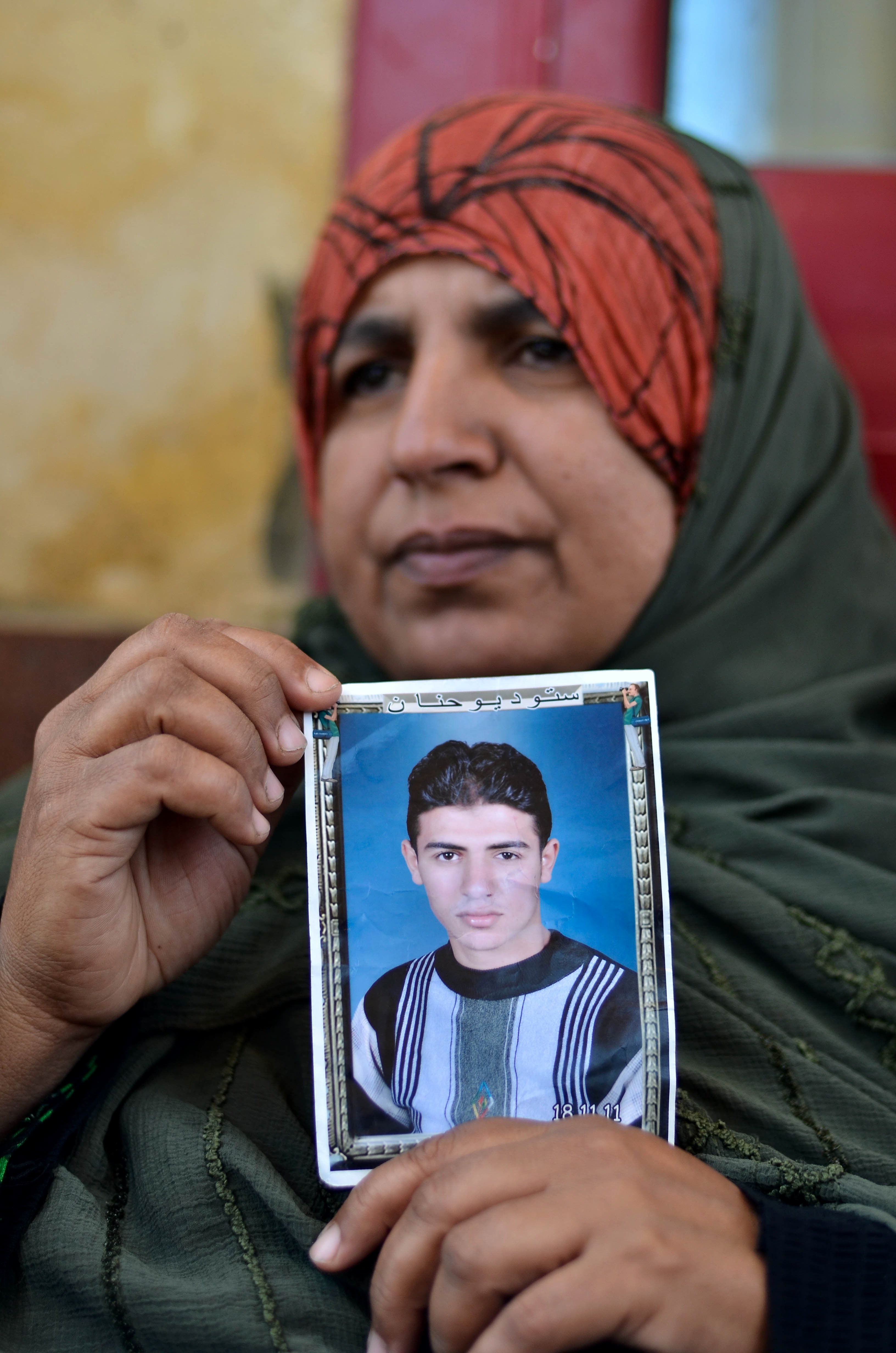CAIRO: A number of religious and cultural traditions characterizing the holy month of Ramadan may be hindered this year due to the H1N1 flu pandemic.
Many Muslims are expected to avoid taraweeh prayers (evening prayers specific to Ramadan) as well as mawa’ed rahman (eateries offering free iftar meals), both of which attract a large gathering of people.
Amr Kandil, deputy minister of health for precautionary measures, told Daily News Egypt that the ministry advises people to heed the precautionary measures it outlined since the outbreak of swine flu in Egypt.
“We are not requiring any extra measures during Ramadan and we are certainly not going to keep people from going to mosques and praying in large crowds; they just have to be careful and if they have flu-like symptoms they should immediately go and get tested, explained Kandil.
Last week, the Middle East News Agency (MENA) reported that Minister of Health Hatem El-Gabaly banned the opening of Ramadan tents this year to prevent the spread of the H1N1 virus.
There are also rumors that mawa’ed rahman will be banned this year as part of the precautionary measures against swine flu.
However, Cairo Governor Abdel Azim Wazir denied these rumors in a press statement.
“There are no restrictions on holding mawa’ed rahman; it is one of the traditions of the holy month of Ramadan, he said, “however, social responsibility shouldn’t affect traffic, therefore they should be held inside a place with good ventilation.
On the other hand, Giza Governor Sayed Abdel Aziz, banned setting up mawa’ed rahman indoors or on main streets, public squares or public gardens. He stipulated that they be set on pavements, after the approval of the police and the traffic and the Administration of Civil Protection, he said in a press statement.
The number of swine flu cases in Egypt reached 526, according to a statement by the Cabinet’s Information Decision Support Center.
A total of 371 cases have recovered.
